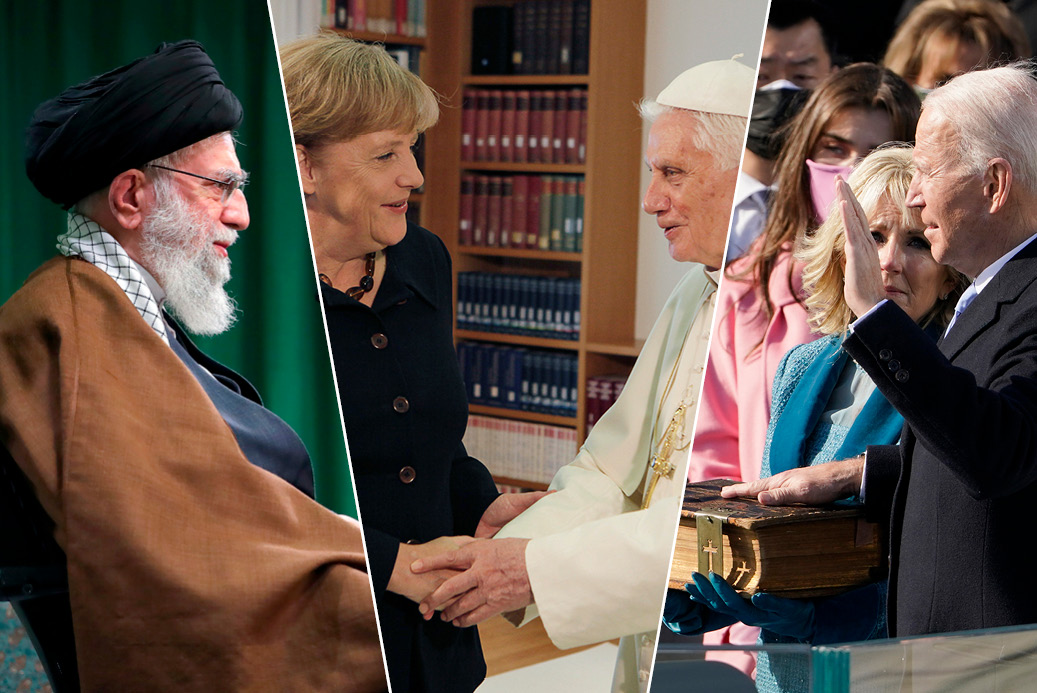
How to make sense of religion in foreign policy – secular orders and religious states
This is the first webinar in a two-part series on the intersections between religion and international politics. This webinar explores how to make sense of religion and the international order by looking at the United States, Iran and the European Union.
The starting point of this conversation is based on two common misconceptions. In the Western world, states are believed to have become more and more secular and the interplay between is them no longer driven by religious antagonisms. Therefore, religion is largely seen as a matter that does not concern states. In addition, foreign policy is often perceived as separate from domestic societal dynamics.
Nevertheless it is evident that many societies are more religious than their formal constitutional order indicate and that these convictions constitute an important element in how the states formulate their foreign policies.
This webinar series thus aims to bring clarity to the question: how can we understand religion's role in foreign policy?
Speakers:
Prof. Elizabeth Shakman Hurd, Professor of Politics and Religious Studies and Crown Chair in Middle East Studies, Northwestern University.
Ms. Merete Bilde, policy advisor at the European External Action Service (EEAS) specialised on issues at the cross section of religion and foreign policy , European Union.
Dr. Rouzbeh Parsi, Head of UI's Middle East and North Africa Programme.